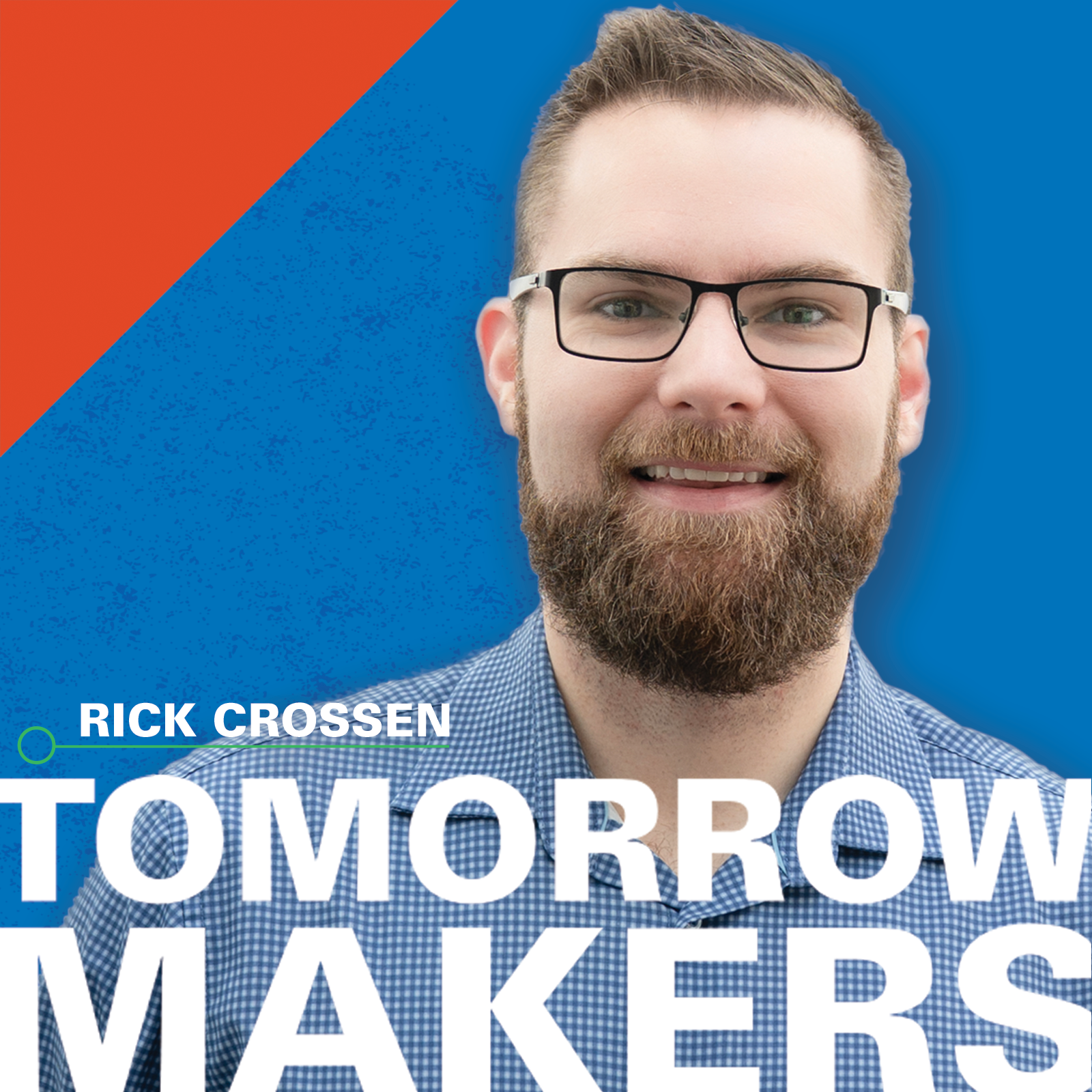
Rick Crossen: Inspired by IT
When a number of students asked to have their instructor on the podcast, we had to say, “yes!” On this episode, we meet Rick Crossen, information technology faculty, and learn about the endless ways he embraces the Penn College community and is motivated to enhance the student experience. We chat about everything from his approach to instruction to the importance of his role in governance to his interest in AI to his lifechanging car accident and lofty goal of running 1,000 miles in 2025. Join us as we get to know a rising star who's inspired to make his mark on campus and dream big!
myVoice – An online form for Penn College students, faculty, and staff to suggest an issue to be discussed by Governance
